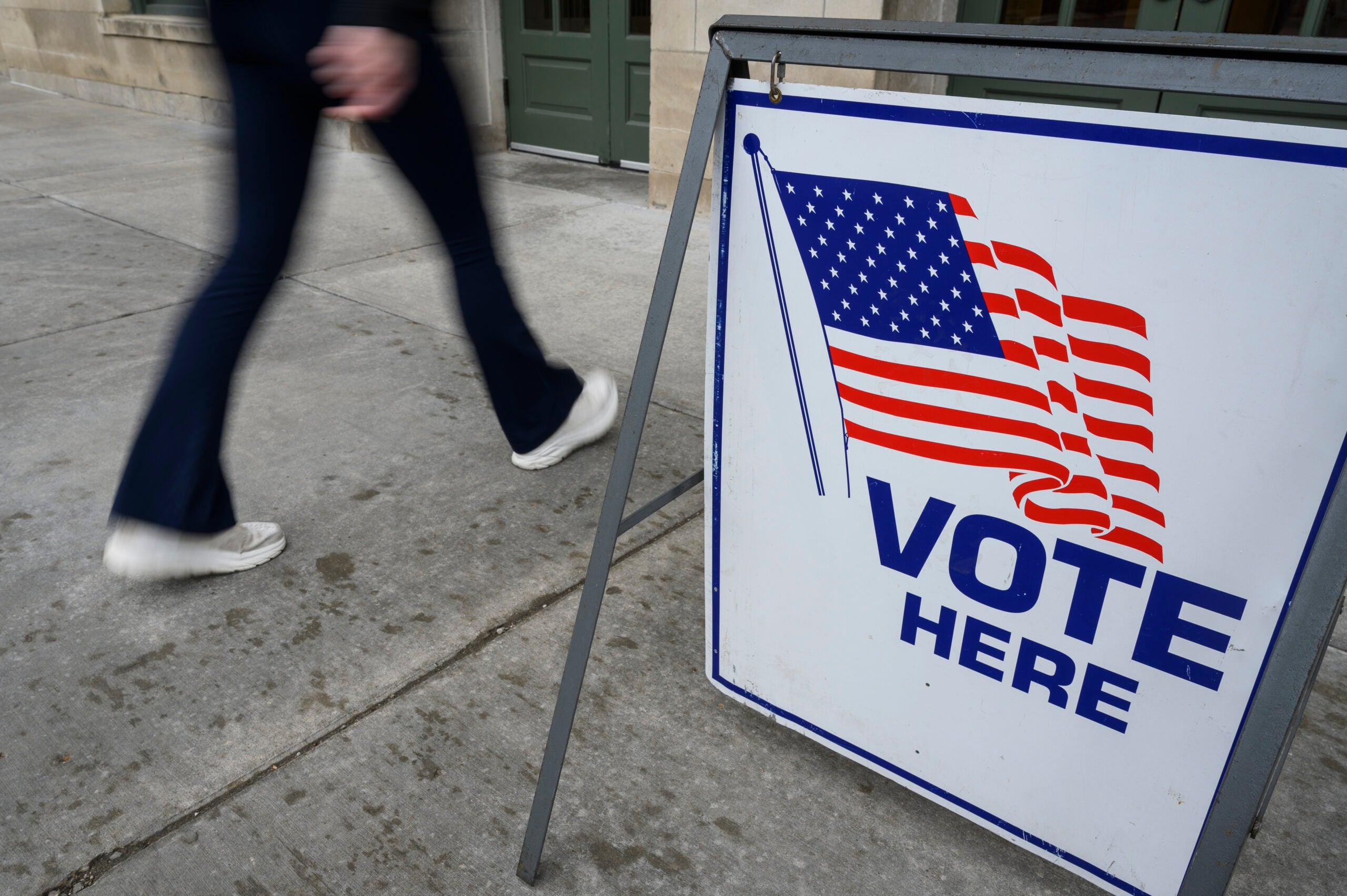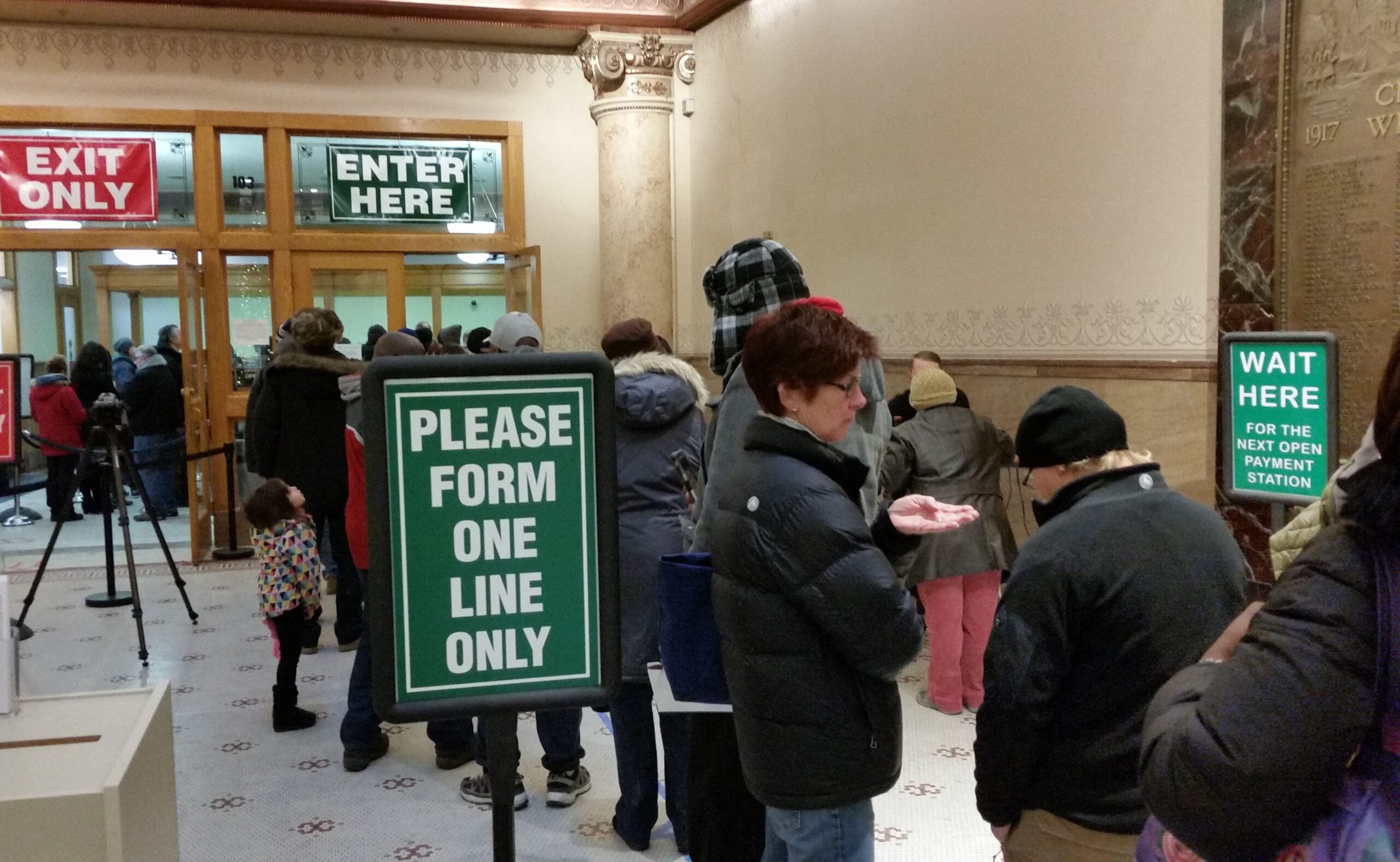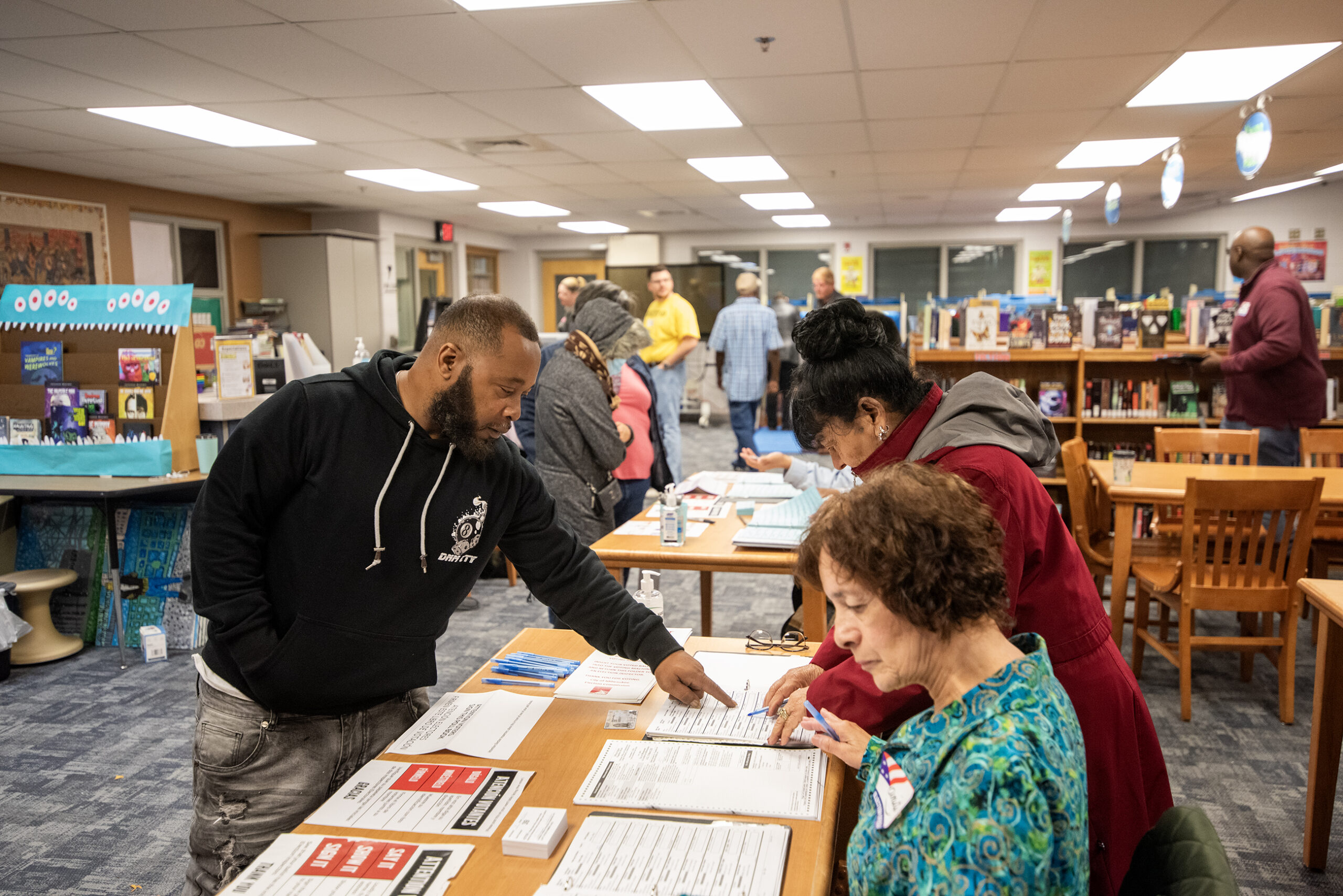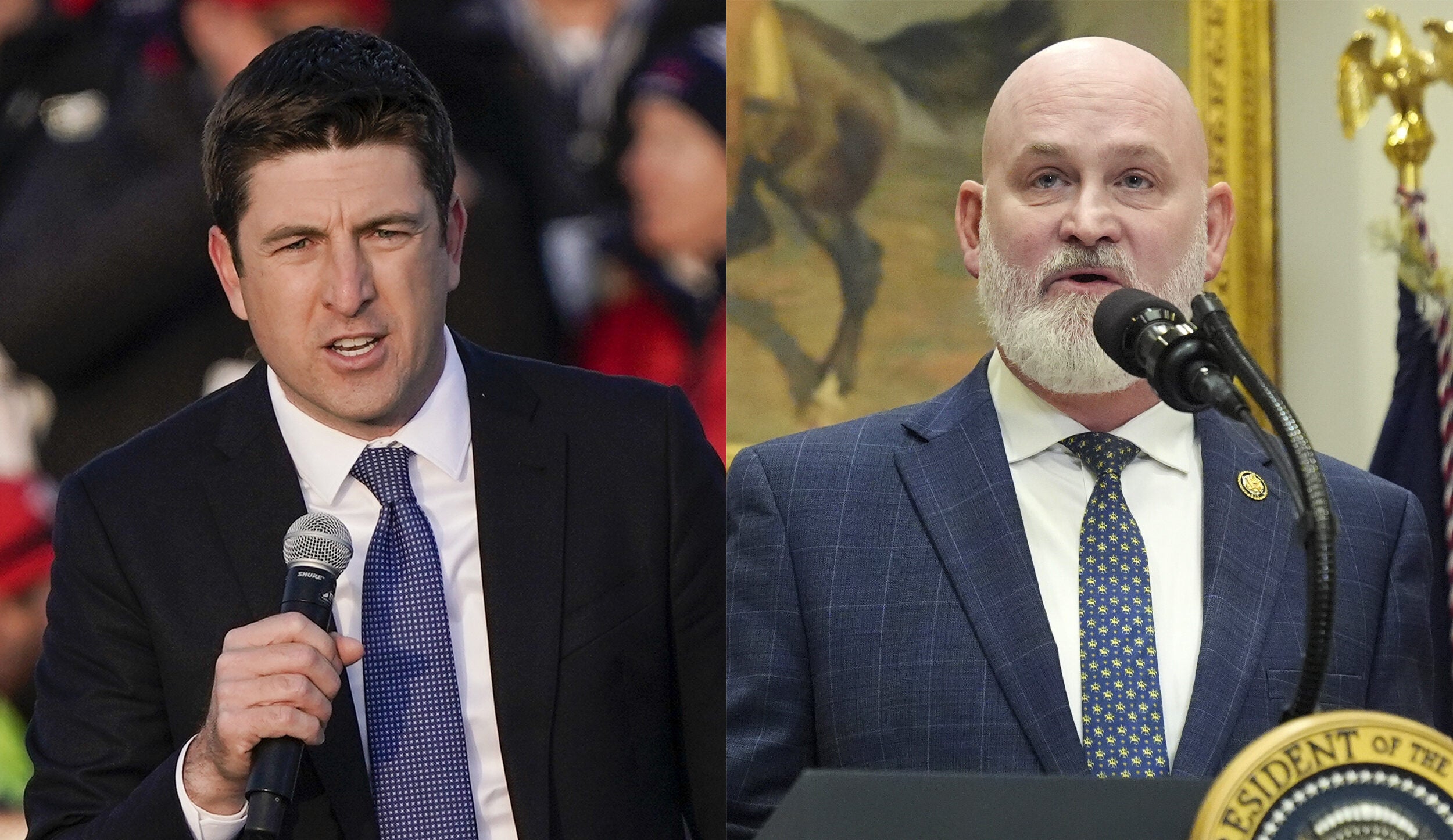Each month this year leading up to the 2024 election, a Wisconsin-based group held town halls and surveys to see what the top issues are for residents and start a conversation between ideologies.
The Main Street Agenda is a project done in partnership between the Milwaukee Journal Sentinel and the La Follette School of Public Affairs at UW-Madison. La Follette Director Susan Yackee told WPR’s “Wisconsin Today” the project aims to get people from different political backgrounds talking with one another.
“We need to be able to talk to each other to get to the mission of the La Follette School, which is evidence-based policymaking,” she said. “That oftentimes takes political compromise and we just can’t get to political compromise if people aren’t talking to each other anymore.”
News with a little more humanity
WPR’s “Wisconsin Today” newsletter keeps you connected to the state you love without feeling overwhelmed. No paywall. No agenda. No corporate filter.
The Main Street Agenda follows thousands of state residents and holds monthly surveys to gauge what people are feeling about a number of issues. A majority of residents all listed gun violence, inflation, healthcare and crime as “quite or an extremely” big problem in the state.
On “Wisconsin Today,” Yackee talked about political discourse, division and consensus policymaking.
The following interview was edited for brevity and clarity.
Kate Archer Kent: In terms of inflation, people feel like the pandemic issues still feel very raw, very real. How does that factor in to public policy and people’s views heading into the November election?
Susan Yackee: We’re really excited to do this work in part because our observation is that a lot of the surveys that go out are about who’s up, who’s down. It’s very much horse race coverage. But a lot of Wisconsinites want to talk about the issues. We’ve done this with a representative sample of Wisconsinites, about 3,500 residents all across the state, all different political persuasions, all ages and all races.
KAK: How effective is it to continually touch base with the survey respondents to see what’s on their mind?
SY: It goes back to a representative panel of Wisconsinites on about a monthly basis. They’re often times relying on different questions but you can also ask the same questions at different months and see if there are any changes across time. And that’s really important for us to understand the trends in some of these public policy issues in ways that one-off surveys or polls can’t provide that insight into.
KAK: What have the trend lines shown you?
SY: One of the issues that’s top of mind for a lot of Wisconsinites is gun violence. That can be one that can be responsive to things that are happening in the broader community, the state or the country. Inflation, in contrast, is something that’s pretty darn sticky. That has been since the beginning of the Wisconsin survey something that has shown a lot of staying power in the minds of Wisconsinites.
KAK: How bad is the echo chamber? How bad is it that people just aren’t hearing one another?
SY: It’s so easy to demonize people that think differently when you don’t interact with them on a daily basis, when you don’t sit down and break bread with them and have civil conversations. And it’s just a lot harder to do when the person across the table from you is largely agreeing with your values and your thoughts, even if they might have a different policy prescription or might vote for the other side.
KAK: Do you think the Main Street Agenda project is making a difference and is it able to do what you intended it to do?
SY: We had a couple of goals for The Main Street Agenda. And one goal was to talk about the issues that matter to people in advance of the 2024 election. And we’ve undoubtedly checked that box.
It was also a research event. La Follette is one of the top policy schools in the country, and we want to study how these events could be more meaningful. And that’s what we’re going to do. We’re going to study these events and try to share some of these best practices with other nonprofit organizations that want to hold dinner and conversation events.
Wisconsin Public Radio, © Copyright 2025, Board of Regents of the University of Wisconsin System and Wisconsin Educational Communications Board.







